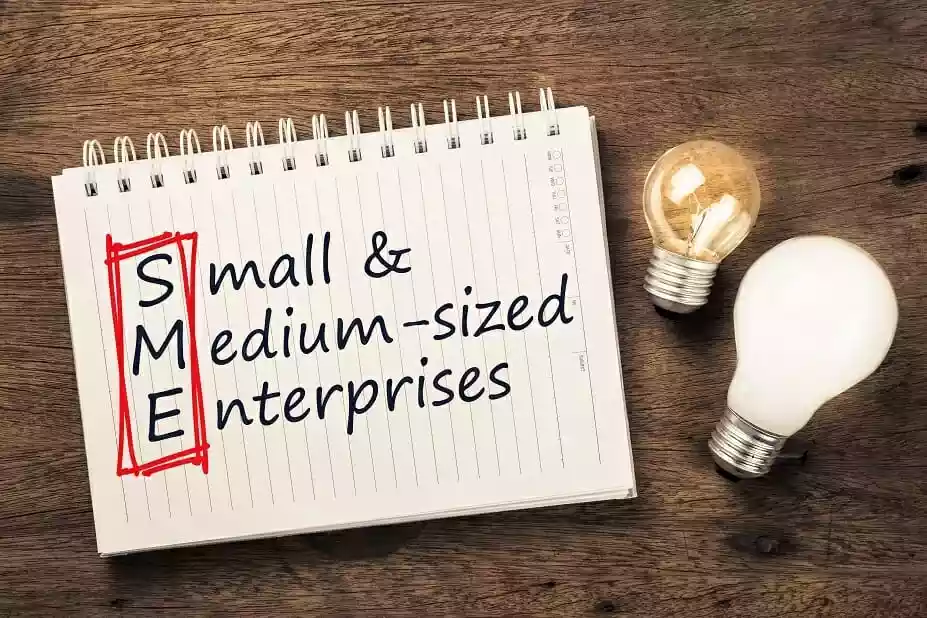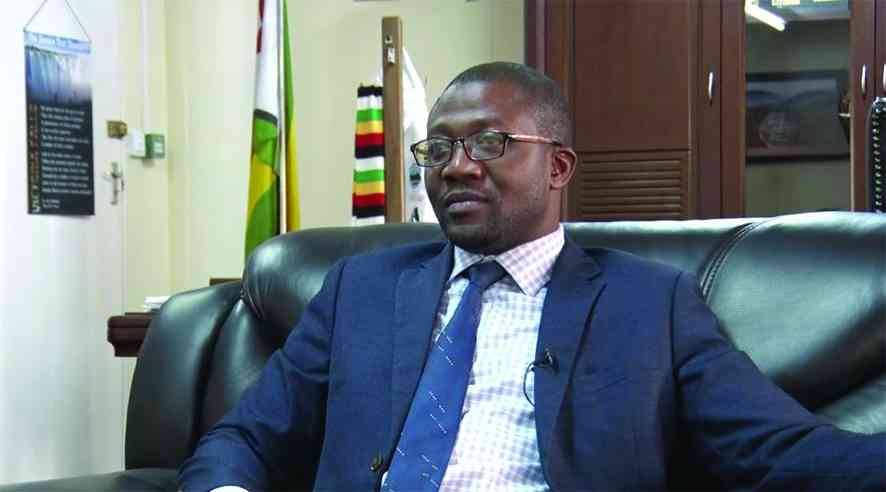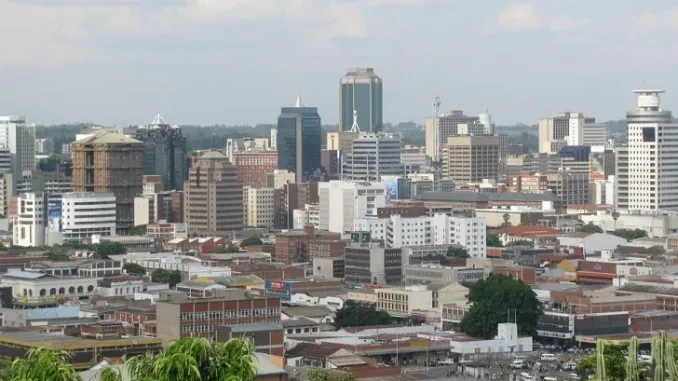
The slump in world mineral prices calls for a paradigm shift in the manner resources are managed in Zimbabwe so that the country retains maximum value to feed into the national economy, stakeholders have urged.
BY OBEY MANAYITI
The call for a paradigm shift comes after Mines and Mineral Development deputy minister Fred Moyo told delegates at the just-ended alternative mining indaba that prices of commodities have been tumbling following a slowdown in the Chinese economy.
Moyo said the mineral sector has been thrown into turmoil and suffered a 50% knock on minerals such as platinum which is now fetching $2 000 iron ore.
The Zimbabwe Environmental Law Association chairman Tumai Murombo said Zimbabwe should be careful in managing its resources in terms of knowing how much it actually have.
“It is also important to understand who we share information regarding mineral deposits with, in terms of potential investors and market competitors, because they can decide whether or not we get value of our minerals like what is happening on oil.”
Murombo said government can come in and help struggling mining companies by putting measures to ease conditions of doing business such as reducing royalties. He said the measure can be reviewed once prices improve.
Murombo however, acknowledged that this will only work in a situation where there was trust between government and the miners.
- Chamisa under fire over US$120K donation
- Mavhunga puts DeMbare into Chibuku quarterfinals
- Pension funds bet on Cabora Bassa oilfields
- Councils defy govt fire tender directive
Keep Reading
“It is important for us to understand the cost of extraction. This is what our government should look at to avoid claiming exorbitantly higher charges from the mining companies while at the same time the government must not be too lenient on the investors,” Murombo said.
Jerifanos Chikuvadze, a metallurgical research scientist at Scientific and Industrial Research and Development Centre, said the only plausible way to ensure that the country realises full value of its minerals under the conditions was to invest in technology and research.
He said the country can also look at the energy policy thereby improving the energy infrastructure and generate power at a lower cost “because this is one of the drivers of the processing costs in mineral extraction in Zimbabwe”.
Chikuvadze said there was need for more value-addition “of our minerals so that we will be able to sell to the globe finished products”.
Mining activist Farai Maguwu also said the country’s extractive policy should be revised so that Zimbabwe realises full benefits of its minerals.
“We need a strategy to harness our minerals and ensure we plug illicit financial flows which are usually facilitated through the export of raw minerals. We should have a robust strategy to process minerals locally because without such Zimbabwe will remain a loser.
“There is need to ensure that mining is not an enclave sector. We need linkages between mining and other sectors of the economy such as agriculture and tourism. Mining should not be at war with other sectors,” Maguwu said.
Cephas Makunike, a policy advisor at the Tax Justice Network- Africa, said there should be competent revenue management in the extractive sector.
“We need to look at revenue management of minerals because the prices are controlled at the international market and we don’t have the powers to control them,” he said.
Mining has been pegged to jumpstart the economy and it has been the biggest contributor to the country’s GDP followed by agriculture and other sectors.











